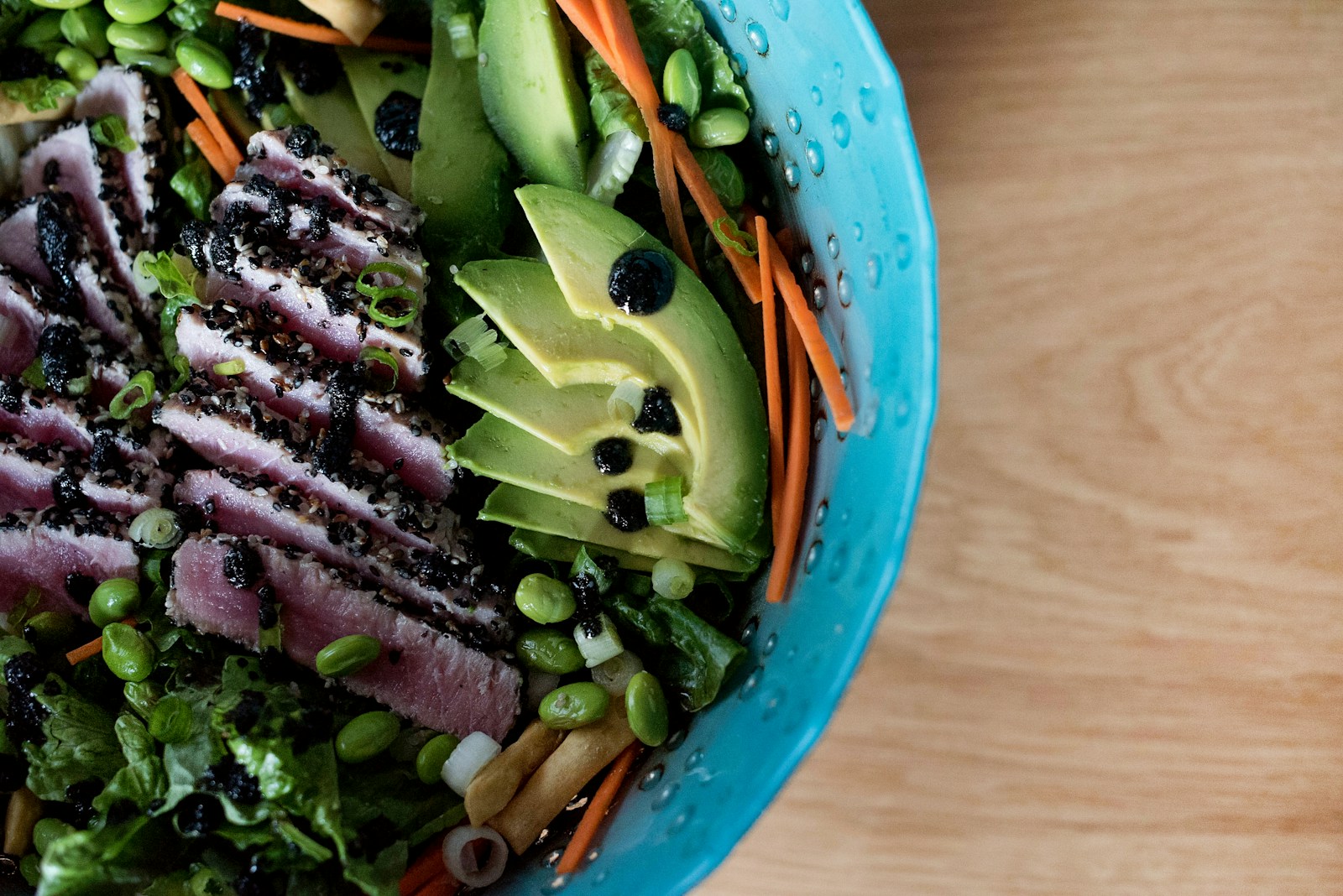The ketogenic (keto) diet has surged in popularity in recent years as people look for effective ways to lose weight and improve their overall health. As with any dietary change, it’s essential to understand how it can affect various aspects of your health, including your cholesterol levels. This article will delve into keto and cholesterol, providing you with all the information you need to know about this low-carb, high-fat diet and its potential impact on your body.
What is Keto and Cholesterol
Before delving into the relationship between keto and cholesterol, it’s crucial to understand what each term means. The keto diet is a high-fat, moderate-protein, and low-carbohydrate eating plan. By drastically reducing carbohydrate intake and replacing it with fat, the diet forces your body into a metabolic state called ketosis. In ketosis, your body becomes incredibly efficient at burning fat for energy. This shift away from using carbohydrates for energy can result in weight loss and other health benefits.
Cholesterol, on the other hand, is a waxy substance found in your blood. Your body needs cholesterol to build healthy cells, but high levels of cholesterol can increase your risk of heart disease. Cholesterol is carried through your bloodstream by lipoproteins. Low-density lipoprotein (LDL) is often called “bad” cholesterol because high levels can lead to the buildup of plaque in your arteries. High-density lipoprotein (HDL) is known as “good” cholesterol because it carries cholesterol from other parts of your body back to your liver, which removes it from your body.
How Keto and Cholesterol Works
The relationship between the keto diet and cholesterol is complex. On one hand, the diet can increase the levels of HDL cholesterol in some individuals due to its high-fat content. Higher HDL levels are associated with a lower risk of heart disease. On the other hand, because the diet is high in saturated fats, it can also increase LDL cholesterol, which is a risk factor for heart disease.
However, the picture is more nuanced than just “good” and “bad” cholesterol. Some studies suggest that the size of the LDL particles is an important factor in cardiovascular risk. The keto diet may increase the proportion of ‘large, fluffy’ LDL particles, which are considered less harmful than small, dense LDL particles.
What You Need to Know about Keto Diet and Cholesterol
If you’re considering the keto diet, it’s important to monitor your cholesterol levels closely. Individual responses to the diet can vary, with some people experiencing increased LDL levels while others see improvements in both LDL and HDL profiles.
The key is to focus on consuming healthy fats, such as those from avocados, nuts, seeds, and olive oil, rather than unhealthy ones found in processed foods. You should also consider the quality and types of protein sources, opting for grass-fed meat, fatty fish, and other whole foods.
Keto and Cholesterol Tips
Here are some tips for managing your cholesterol levels on the keto diet:
- Choose your fats wisely: Emphasize monounsaturated and polyunsaturated fats over saturated fats.
- Incorporate plenty of non-starchy vegetables: They provide necessary nutrients and fiber.
- Stay active: Exercise can help increase HDL cholesterol and improve overall heart health.
- Get regular check-ups: Monitor your cholesterol levels and other health markers with your doctor.
- Stay hydrated and balance electrolytes: This is crucial for overall health and can help with the initial transition into ketosis.
Keto and Cholesterol Conclusions
The keto diet can be a powerful tool for weight loss and improved health, but its effects on cholesterol levels can vary from person to person. While some may experience beneficial changes in their cholesterol profile, others may see an increase in LDL cholesterol. It is essential to approach the keto diet with careful planning, emphasizing the intake of healthy fats and monitoring cholesterol levels regularly.
Ultimately, the best approach is personalized, taking into account individual health status, risks, and dietary preferences. Always consult with a healthcare provider before making significant changes to your diet, especially if you have a history of heart disease or high cholesterol. With the right precautions and informed choices, the keto diet can be part of a heart-healthy lifestyle.






